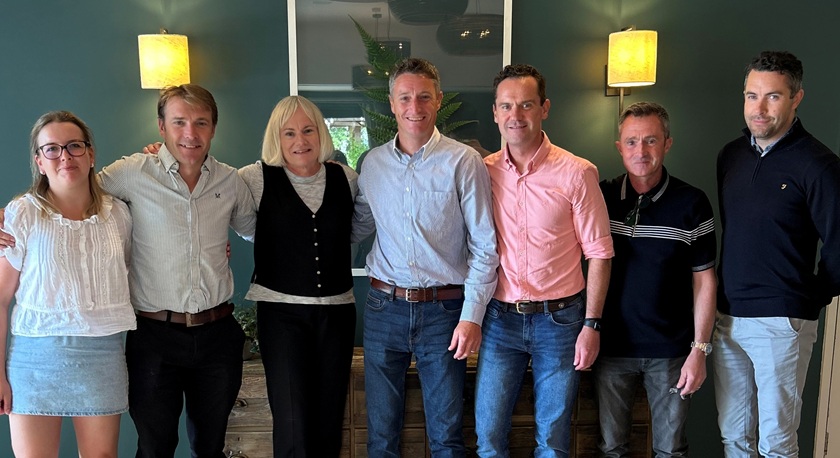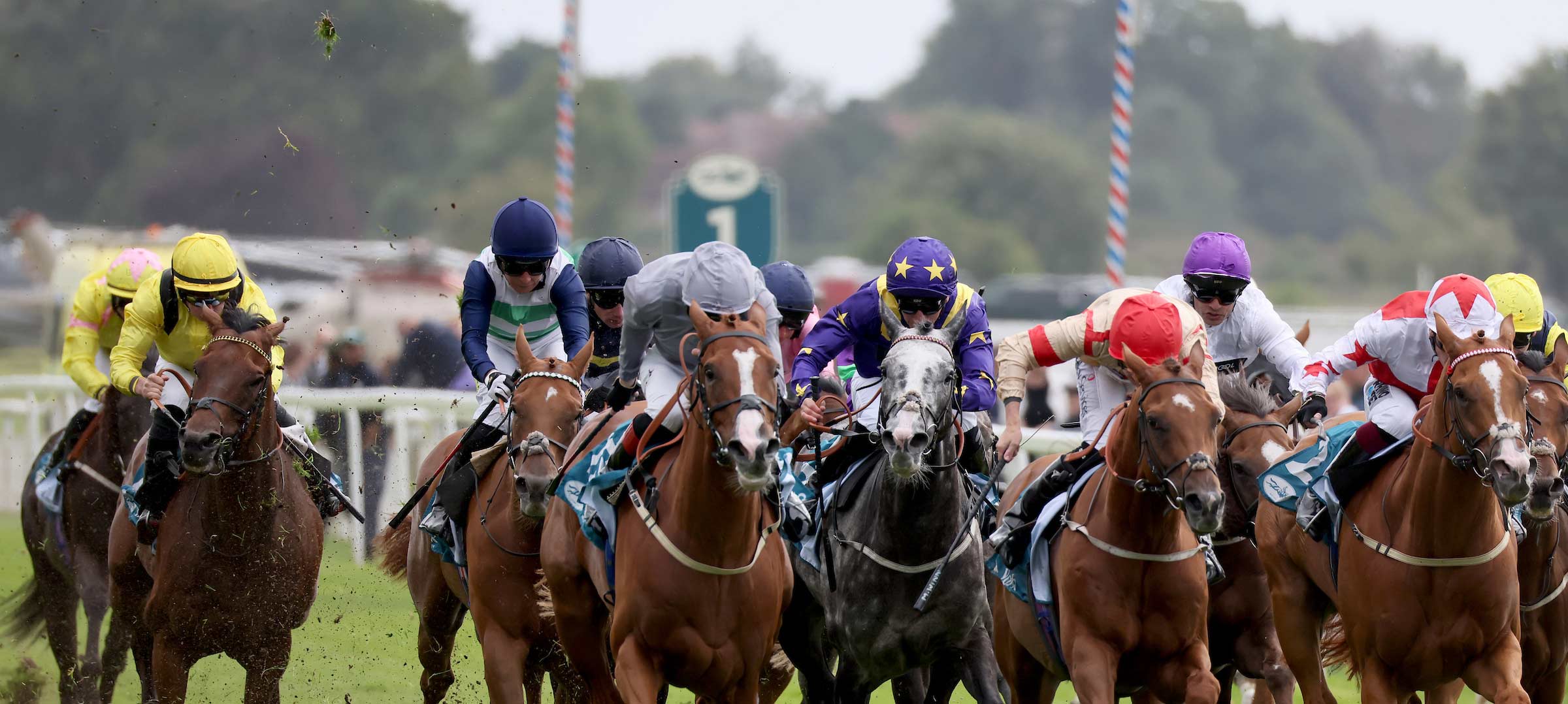Q and A with Lisa Delany ahead of her Departure from JETS

In September JETS will sadly be saying goodbye to its General Manager Lisa Delany after 23 years of devoted service. Ahead of her departure we caught up with Lisa to reflect on her time in charge of JETS, the changes she's witnessed in jockey training and development and the challenges and achievements she's had in the role.
How has your role developed since starting?
I started in a self-employed consultant capacity, however was very quickly offered a full-time employed role with JETS. My remit at the outset was to start working with jockeys as early as possible in their careers with positive messaging regarding career development, dual career and continuous professional development.
I am very much about spinning the positive in all situations and the message to jockeys has always been that if they are confident in what the future holds they will perform much better and much more consistently as athletes.
Due to the holistic nature of what we do with jockeys, I have become very involved in the delivery of all aspects of Jockey Training & Development, and Jockey Coaching. We developed a 9 area curriculum working with the BHA, the BRS and the NHC, and we have all worked very closely together to ensure the training and development offer to jockeys is fit for purpose, and we constantly review and seek feedback from stakeholders. We talked about CPD (continuous professional development) twenty years ago and got very little traction in racing, and so we just did what we knew was right and put a programme together that jockeys could access.
What are the main changes you’ve witnessed in jockeys attitude to career development your time at JETS?
Because we have seen three decades of culture change with JETS, jockeys now engage with us from the very start of their careers. JETS presents personal development planning sessions on jockey Licence courses. I think (and hope) that jockeys now see JETS as very much their own scheme, after all, it is in the main funded by them, and for them to use throughout their careers.
We wanted to imbed continuous professional development and the concept of dual career into jockeys, and I think we have seen a real culture change in that area. We want jockeys to have as long a career as possible, with as many rides and winners as possible and then to have a smooth transition into their next chapters. We know that two years post-retirement is the potentially the most challenging time in an athlete’s life, and much can be proactively done prepare for that time.
What are jockeys like to work with?
I might be a tad biased; however jockeys and former jockeys are the most incredible group of people to work with, having come from an equestrian, however non-racing background, I have so much admiration for what the do day in and day out throughout their careers.
Of course, all jockeys are different however generally the dedication, hard work and motivation that sees them succeed in racing, is transferred straight into everything that they do.
Who have been your biggest support/collaborators?
We have always worked closely with The Professional Jockeys Association, and the team at the PJA are great. In recent years, Paul Struthers has been a great supporter, he really just ‘gets it’ and has such empathy for jockeys. Not everybody does get what we do, one of my early supporters at the PJA, Michael Caulfield, was excellent, and he would explain that by saying some people have a fixed mind set and some people have a growth mind set.
I have really enjoyed recently working with the Jockey Coaching Programme. The team of Regional Jockey Coaches and the self-employed coaches provide such invaluable support to young jockeys and the hope is that they can provide a coaching model for the whole industry to support all riders.
What have been your biggest challenges?
Initially the challenge of selling career development was big, I often likened it to pushing an elephant upstairs! However, I know that we have moved past that challenge now.
I did once have to have an hour-long conversation with a Trainer in Newmarket who was adamant that JETS were taking staff out of racing, and questioned why the BHA were funding this scheme. Once I had corrected the funding element, JETS is funded by jockeys prize money contributions and IJF support, I explained that JETS real win/wins were always keeping people in racing where possible. Using their knowledge, experience and skills within the industry and we have helped place countless jockeys into industry roles, in which they make a real difference to the sport. And that having a scheme such as JETS was a positive for recruiting and retaining riders in the sport. I like to think at the end of that hour we came to an agreement.
What have been your biggest achievements/what are you most proud of?
Personally I am very proud to have won the first Godolphin Rory MacDonald Community Award in 2016. I had known and worked with Rory, and always admired his contribution to the racing industry and to The British Racing School. To be presented the award by Sir AP McCoy will stand out as a highlight.
In the earlier days, it was a great achievement for JETS to be awarded a National Training Award, to recognise organisations that had achieved success through effective training and development, celebrating excellence in skills and learning for work. It was a big project to put the entry together and compile all the supporting evidence. The award was presented by Sue Barker, and it was a real pleasure to meet her.
I am most proud of the jockeys and former jockeys with whom I have worked. To have witnessed the time, effort and hard work these individuals put into their training and re-training reminds you of the motivated and determined nature of jockeys. We have had great win-wins in racing, and for JETS to have supported our first Firefighter, our first Police person, our first jockey returning to university, our first equine dentists, our first farrier, our first Vet student, so many different roles that laid the groundwork for others to succeed.
What is your best piece of advice for jockeys?
Similar advice given by many former elite athletes, “Do not leave anything out on the pitch” or in this case the racecourse. Always give your absolute best and always be the best version of yourself. You never know who might be in a position to give you a ride, help you forward in your career.
Use the Jockey Support Network that is now in place for you. Former jockeys are envious of the support you have around you, everyone in the network is there to help you, and they want to see you succeed at whatever your own goals might be.
What is your funniest memory?
The funniest moment has to be seeing Cathy Gannon joining Ronan Keating on stage at The Lesters some years ago. She was a great jockey, a great jockey coach, however she might even have been a bigger singing sensation.

